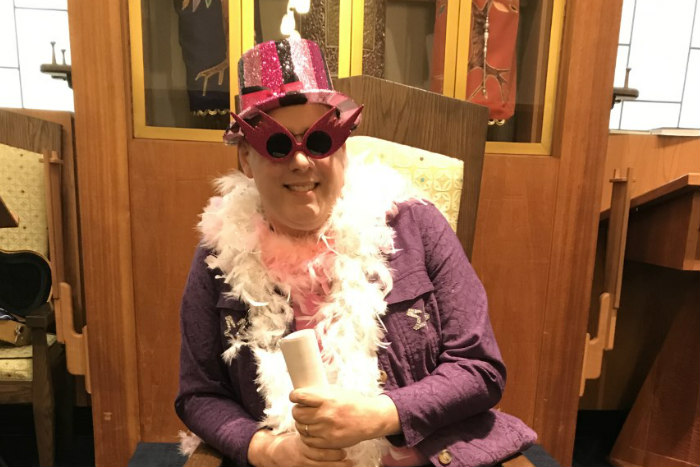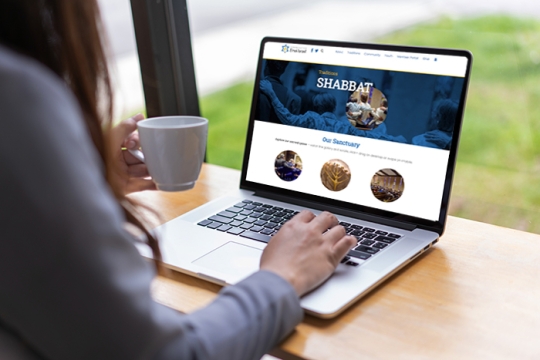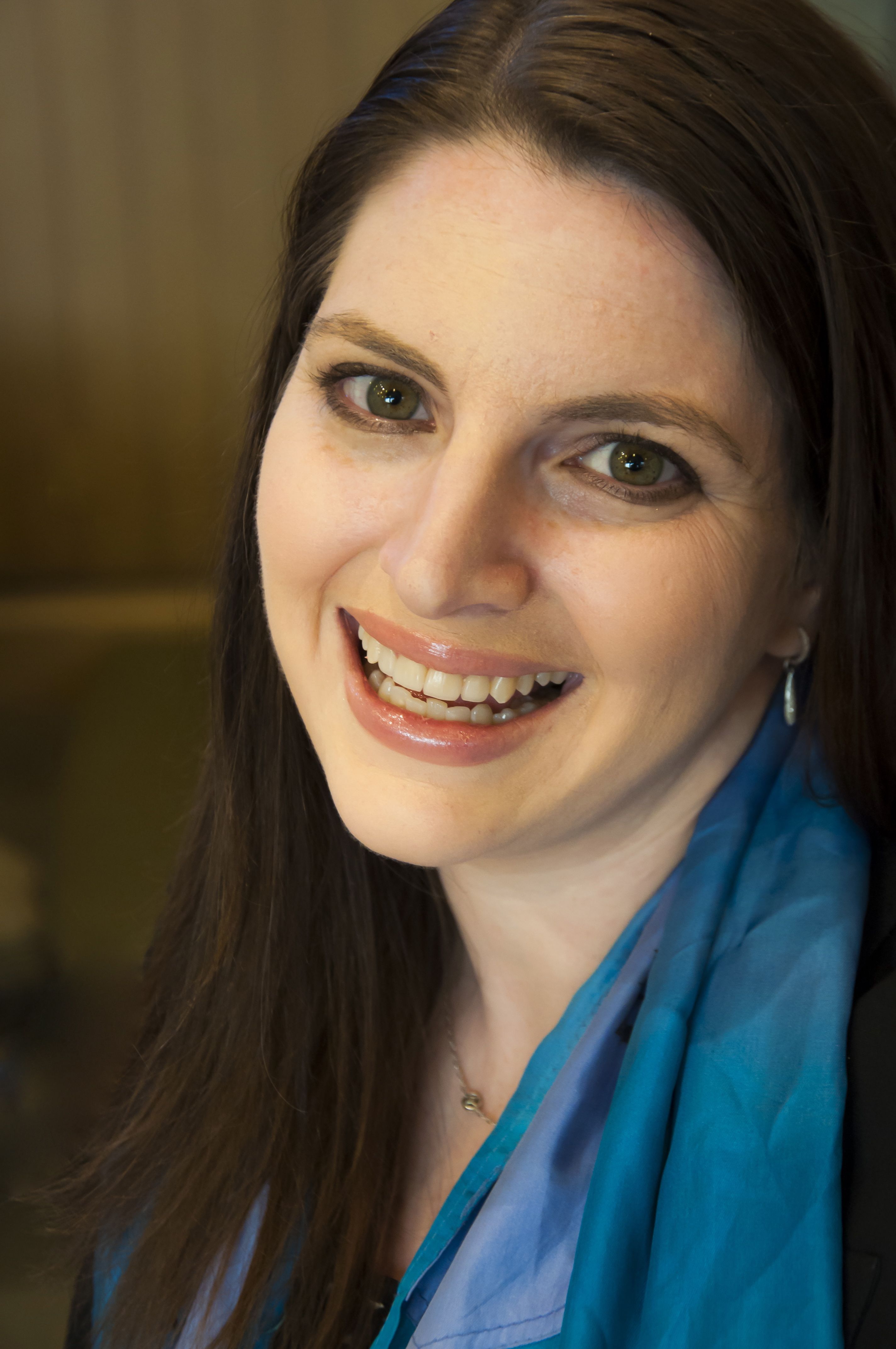
Two beloved public figures succumbed to pancreatic cancer in 2020: Ruth Bader Ginsburg and Alex Trebek. The congregational family at Temple Israel of Northern Westchester mourns the loss of one of our own, who was taken from us by this dreadful disease: Joseph Dropkin, z”l. His death hit close to home, a giant loss for our congregational family.
Joe was an integral part of our synagogue: a member of the choir and numerous committees, often playing the king in our annual Purim-spiels. He was also our resident technology expert and fixer, who was quick to tend to even the smallest need; during one choir rehearsal, when our conductor noted that dust had collected on our electric keyboard, Joe immediately ordered a cover.
The world needs more leaders like Joe – those who immerse themselves in all aspects of a sacred community.
About a week before Joe died on July 24, 2020 at age 49, he drafted a message of appreciation for his congregational family. Sadly, he did not live long enough to deliver it in person. Instead, his wonderful wife, Suzanne, shared his words with the congregation via Zoom about the importance of being part of a sacred community.
____
The Value of Sacred Community
by Joseph Dropkin
At temple, we’ve been talking about building a sacred community for many years… For me, I figured out what it means to be part of a sacred community and when that happens. It happens now. It happens when we need it. It happens because we cannot survive without it. It is compassion. It is love. It is understanding. It means putting others before yourself. That means understanding that the sacred community is one that isn’t separate from those that surround it. It is what it needs to be. It needs to be there for its members.
As many of you know, I’ve been fighting cancer for the last four years. It is a battle that no one should be obliged to fight as a lone soldier. You need all of the resources, people, and care that is out there. It tears through your life like a wave through a sandcastle.
My perspective is that I can sit in bed and wallow, expending energy in a manner that is unproductive and inefficient, or I can get up and fight. I can research, learn, and access all available science and resources, finding the best medicines, hospitals, and doctors. What then, you ask, is the function of the sacred community, if I applied myself to seek out these resources on my own? The community is about the power that you unlock when you reach out. It is made up of your friends, family, and loved ones who are ready to help. The key is that you can ask for it.
I have always been one to try to do things myself, but recently, my previously managed streams of turmoil became a bit too much for my family and me to handle by ourselves. Entropy can bring that unexpected surprise and twist to our lives that make our whole experience on this planet interesting. When that entropy is in the form of cancer, in the form of an unexpected scan result, the world starts to fall apart.
One of my coping mechanisms is to try to accomplish most everything I can within the scope of my immediate family. Without their love and support, I would not be writing this to you today. I have previously viewed offers of help to cook a meal, arrange housekeeping, and provide appointment rides as a weakness on my side – a signal to myself that I wasn’t able to continue fighting the way I wanted to.
However, I recently realized I was simply wrong. I was so focused on bolstering my own capabilities that I did not take into account what those offers were really about. People didn’t feel that I was incapable of those tasks; they were offering because they wanted to join me in my fight. There is no reason for me to do this alone when I have a sacred community that wants to help.
This was easily demonstrated when I found myself in a position where driving myself was no longer an option. As soon as I reached out at temple, the machine set in motion. Watching multiple streams of cooperation instantly arrange numerous rides with a willingness to wait around for an appointment to end, was watching a sacred, holy set of events take place. The timeslots to take care of me and my family filled so quickly that there were people disappointed that they didn’t get a chance to get called. Knowing that my community volunteered without hesitation to take care of me as soon as I asked overwhelmed me with gratitude.
This is a single story from my perspective on how sacred our community can truly be. I encourage you to look at your own lives, both in times of joy and pain, to recognize what a sacred community means to you and how not only are you a part of it, but it is a part of you.
Have something to say about this post? Join the conversation in The Tent, the communications and collaboration platform for congregational leaders of the Reform Movement. You can also tweet us or tell us how you feel on Facebook.
Related Posts

Setting Your Leaders Up For Success

Safety, Equity, and Accountability is the Path to a Thriving Jewish Community

